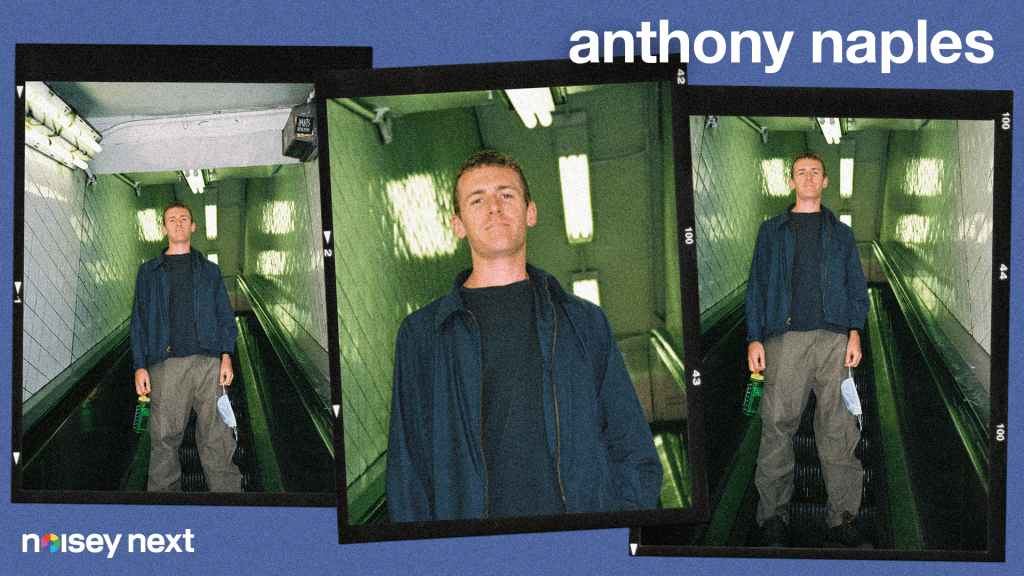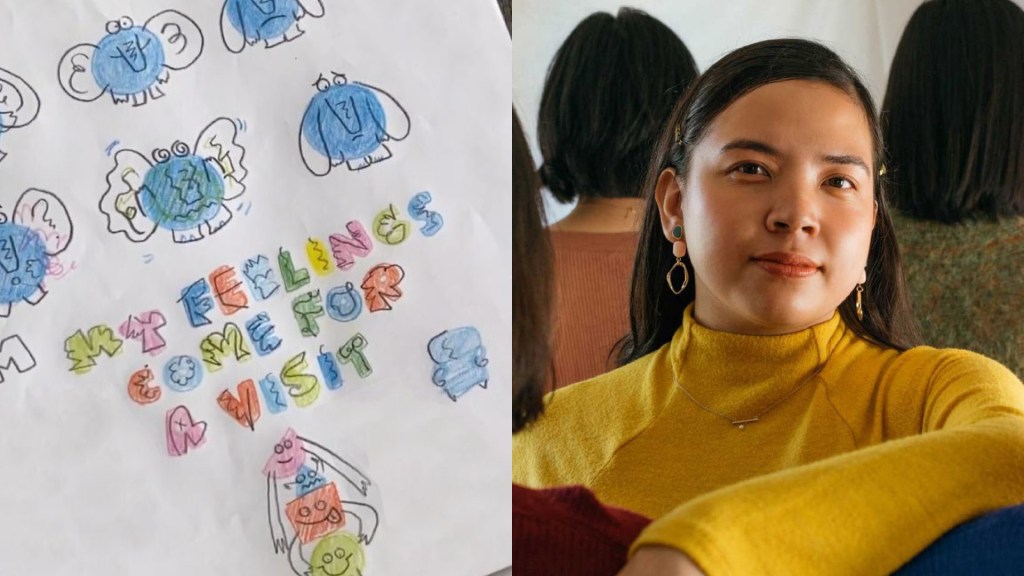“I still get nervous,” says Sanna La Fleur Engdahl of approaching her third year as the resident DJ at Watergate in Berlin. “I play a lot of gigs and I want to perform well at all of them, but that goes especially for Watergate.”
Watergate is a techno music fanatic’s darkened Disneyland. Berlin’s landmark nightclub is, although occasionally a tourist trap, an indispensable part of the deeply anchored and pervasive history of dance music. La Fleur is the DJ, producer, and label owner currently pressing her own handprints into its historic walls. “Having a residency in general is amazing,” says the 35-year-old, “you know the club well, you know the sound system well, and you’re challenged by each artist you perform with or open for.”
Videos by VICE
Engdahl’s career in music is a cascade of triumphs and accolades. Alongside her Watergate reign and innumerable cripplingly long sets, Detroit techno icons Kenny Larkin and Carl Craig have remixed her tracks; a Boiler Room gig sits prettily on her resume; and her own record label, Power Plant, is a fruitful garden of her many other artistic passions. Though, unlike some of her contemporaries, Engdahl didn’t grow up wanting to be a DJ. Her professional pursuit took her through a Master’s degree in Pharmaceutical Science and two years practicing as a pharmacist in Stockholm. “You could say it’s a different kind of mixing from the kind I’m doing now,” she laughs.

While balancing her nine to five, Engdahl debuted as La Fleur in 2004. After playing a concoction of garage and “soulful house,” she quickly picked up a residency at Sunday Secrets and later at Berns in Stockholm. She even hosted her own dance music radio show, called P3 Dans, on Swedish National Radio for three years. But eventually, the balancing act got rusty. “It crept up on me,” she admits. “All of a sudden, I was at a point where I needed to pick one path or the other, I couldn’t do both. I couldn’t give 100 percent of myself to both.”
Her native Sweden, which is praised for it’s flexible workplace benefits, gave her the right tools to come to a place of self-actualization. At that time, Swedish workers were allowed to take a ‘friar,’ which is a voluntary—and paid—leave from work for up to year. Engdahl applied and was accepted for six months work-free. “It gave a lot of people a chance to try new things,” she says, “mine being music.” But six months turned into nine, which turned into 12 and into, well, forever. “I was playing shows more and more, but it [six months] still didn’t feel like enough time…” She pauses to laugh. “So yes, I did leave a real job to pursue music.”
“Honestly,” she continues, “I felt the pull for Berlin.”
Engdahl was tired of Stockholm’s then waning electronic music scene and succumbed to Berlin’s techno mecca magnetism. Cooping up in her new city, she started grooming her production skills. “Berlin, at the time, was the mecca of house and techno,” says Engdahl. “It still is in many ways, but then it was even more pure. It was hard to ignore. I didn’t consider any other city. Even if I didn’t move there for gigs, I could go out in Berlin and be surrounded by artists I hadn’t heard of before and just to go dancing.”
But while shopping out her first official original production—a hollow, bittersweet track called “Flowerhead”—she found herself at a standstill. “Nobody wanted to sign it,” she says. “‘Flowerhead’ was one of the first tracks I felt okay about. I felt like if nobody wanted to sign it, then I needed to do something about it myself.” Thus in 2010, she started her own record label called Power Plant. “Once I decided to release it on my own, I was like, ‘Okay mom and dad, you’re going to have to buy like 300 copies so I can break even,’” she laughs. Luckily, that was never necessary. “Flowerhead” quickly became La Fleur’s identifier, collecting over 70K plays on SoundCloud and warranting a forthcoming re-release this year with remixes by German dance torch-bearers like Dana Ruh and Ellen Allien.
Like her floral-themed monikers incite, Power Plant is the soil where Engdahl creative seeds are planted. Her penchant for visual art, for example, is represented in each of her releases by commissioning existing artwork by Swedish artists like the late Hans Arnold as album art. “Power Plant is my baby. It’s my breeding ground. And I can decide everything,” she says. “Art and aesthetic is important to me in general. I will buy a vinyl sometimes just because it has a beautiful cover. But music is always the core.”
Her clean, filtered house and minimal techno cocktail has gone so far to inspire her own fashion line, called Power Plant Elements. The eight-piece collection is intimidatingly androgynous, with sharp and almost disproportionate cuts, crafted to reflect the “dark, ridged, and cryptic atmosphere in Scandinavia.” The line is also only available in shades of black—how much more techno can you get?
“I’m not really the person to wear a t-shirt with a print on it, so I wanted to do something that I knew I would wear,” she says. “In the beginning, we had plans for the fashion line to be more jersey, but by the time we finished we had 8 pieces that were leather and wool, not just t-shirts. That’s what Power Plant is all about, being a breeding ground.”

Three years later, with a distinct and boldly techno resume in hand, the Watergate family welcomed her with open arms. And despite Berlin’s notorious exclusivity among neighboring nightclubs, she’s played a number of all-nighter sets at Berghain’s upper-level Panorama Bar. “I have a feeling that exclusivity is more Berghain’s rule than Watergate’s,” she says with a laugh.
Now, a collaboration with the illustrious Sasha rests in the wings, a new three-track original EP is set for release on Watergate Records before the end of the year and Power Plant’s 5th anniversary celebration is looming. It’s only fair Engdahl takes a break, especially, of course, after the arrival of her firstborn earlier this year. “I took two months off from playing during the last of my pregnancy and since then I’ve been playing once a week maximum,” she says. “I’m taking it a bit easier, I’m not going crazy and scheduling three sets a week. I’m really happy. I feel rested.”
Just like a real garden, sometimes you need to let the soil rest in order to promote growth. For an artist like La Fleur, a rest will likely nurture an abundant techno music future.
La Fleur is on Facebook // SoundCloud // Twitter
Rachael is on Twitter.



